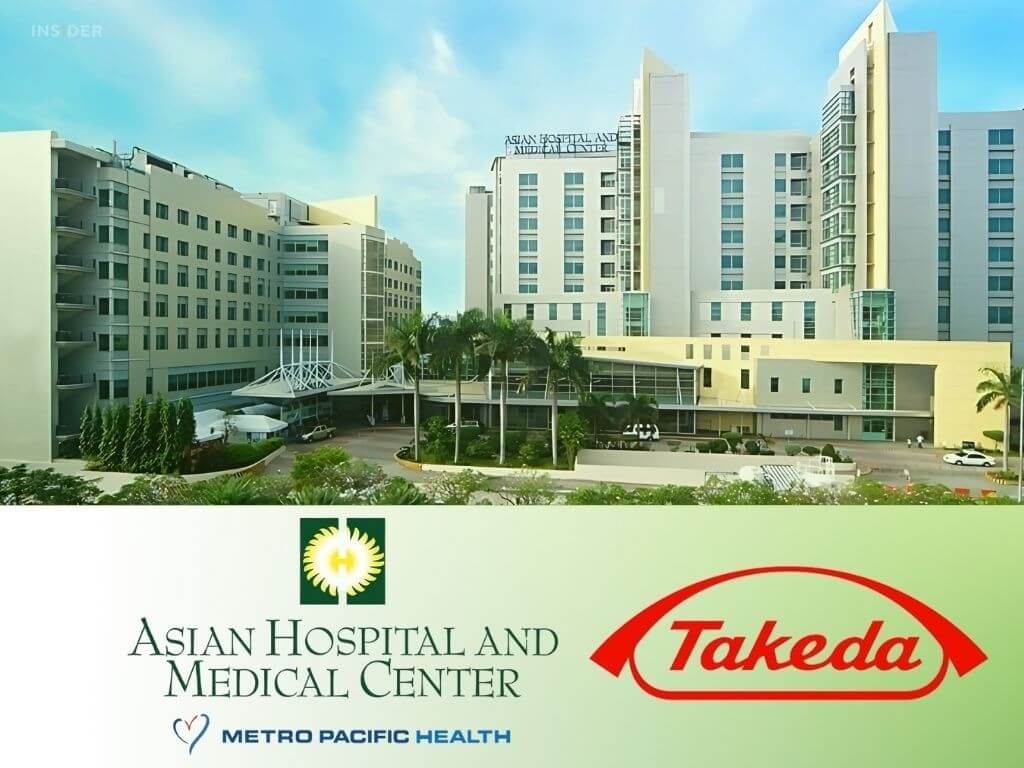

The memorandum of understanding (MOU), signed recently in Muntinlupa, marks the start of a collaboration aimed at making treatments more sustainable and equitable for Filipino patients, particularly those facing cost barriers.
Under the agreement, Takeda will extend its patient assistance programs to AHMC. These programs are designed to support patients with rare conditions such as Hodgkin lymphoma, multiple myeloma, and inflammatory bowel disease (IBD).
Expanding access through patient assistance
Through innovative financing models, eligible patients—working with their healthcare providers—can receive prescribed therapies via a financial eligibility-based, cost-sharing system. The goal is to ensure that access to critical medicines is determined not by a patient’s financial means but by medical need.
“Cancer is not only a disease—it is a reality that touches families, communities, and health systems,” said Christina Liza Sta. Maria, AHMC associate director for pharmacy, healthcare access, vaccination, and nutrition services.
“Through this partnership, we are shaping a future where cancer care is inclusive, responsive, and truly centered on the patient.”
Addressing cost and healthcare gaps
Dr. Beaver Tamesis, AHMC president and CEO, noted that cases of Hodgkin lymphoma, multiple myeloma, and other rare diseases are more common than many assume.
“There are quite a number of patients, and it’s really important that these pharmaceutical products be made available,” he said.
Takeda Philippines country manager Loreann Villanueva underscored the importance of equitable healthcare.
“Access to life-saving medications should never be about a patient’s ability to pay,” she said. “Patients with rare conditions deserve not just our attention, but our unwavering support.”
A global health challenge
Globally, 2 billion people in low- and middle-income countries lack access to essential medicines.
In the Philippines, Hodgkin lymphoma ranked 23rd among the most frequently diagnosed cancers in 2022, with 602 new cases, while multiple myeloma ranked 21st with 931 cases, according to the Global Cancer Observatory.
Gastrointestinal cancers also pose a heavy burden: colorectal cancer is the country’s third most prevalent cancer with 20,736 cases, while liver cancer is fourth with 12,544 cases.
While national data on IBD is lacking, experts expect the number of patients to rise in the coming years, following global and regional trends.
Building on existing collaborations
Takeda’s Access to Medicines program is a global initiative that emphasizes sustainable healthcare partnerships aligned with national priorities. Beyond reducing drug costs, it advocates policy reforms and stronger healthcare systems.
In the Philippines, Takeda has similar collaborations with Makati Medical Center and Healthway Cancer Care Hospital. The addition of AHMC strengthens the company’s network of partners working to close critical healthcare gaps for Filipino patients. —Ed: Corrie S. Narisma